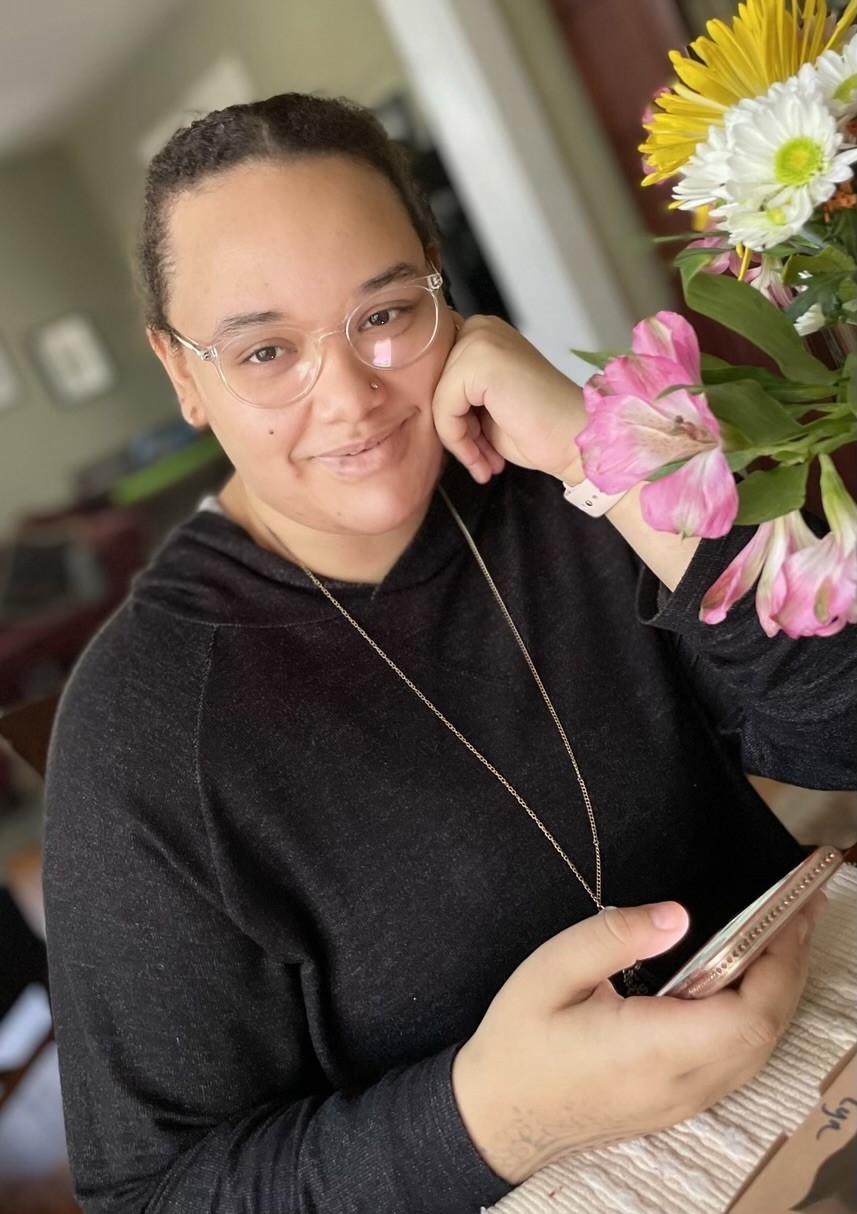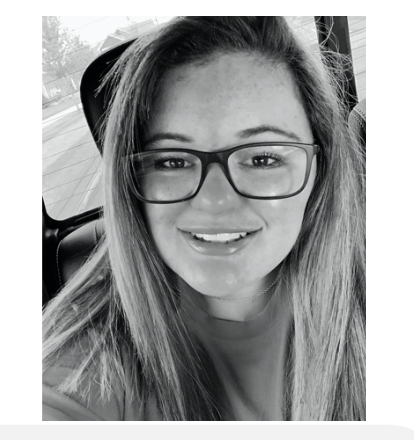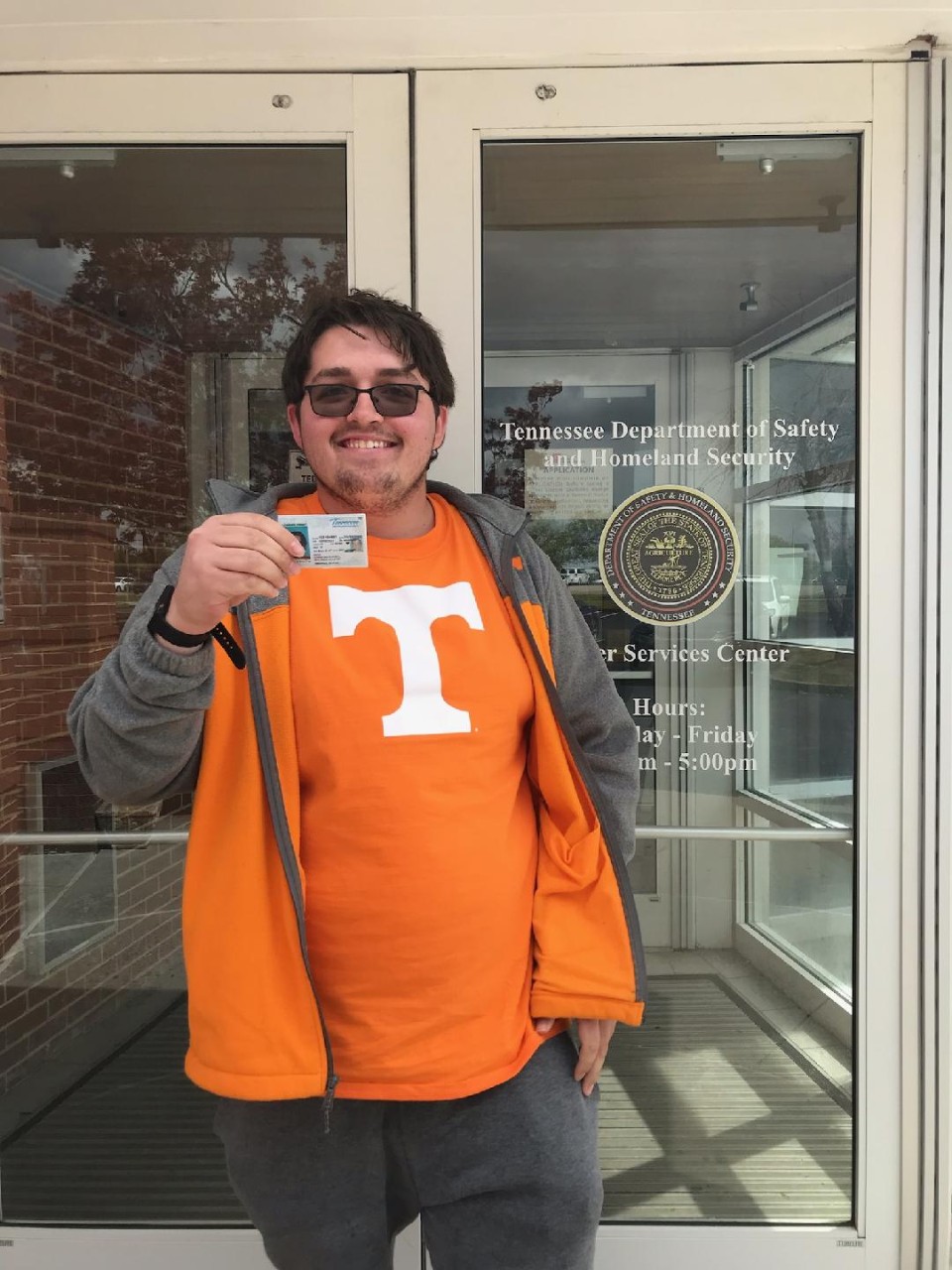Breaking Ground 111 - An Insider’s View of Inclusive Higher Education
As a loyal reader of Breaking Ground magazine, you’ve heard a lot from us about inclusive higher education. You may know that:
- Students with intellectual disabilities have access to college programs across Tennessee.
- These programs exist on a growing number of community, state, and private college campuses. (Visit TNIHEAlliance.org for a full list of programs.)
- Graduates of inclusive higher education programs have much higher rates of employment than people with intellectual disabilities who do not attend college. (88% of graduates from the 2017 and 2018 classes in Tennessee were employed 90 days after graduation, according to the TN Inclusive Higher Education Alliance.)
But maybe you’re still wondering: What do these programs really look like? What do students learn? And maybe most importantly: what should students with intellectual disabilities do to get ready for college?
A recent research study gives the parent perspective on skills that are important for future college students to learn (see sidebar). Parent and educator Lesley Guilaran offers her personal advice on how to build skills for independence in her article on page 8. But we also wanted to offer insight from another group of experts: current inclusive higher education students.
Below, you’ll hear from three students who give us a window into their college experiences.

Amyra Perkins – Access ETSU
What helped you the most in getting ready to attend college?
I am a second-year arts and science student at East Tennessee State University. I think the summer orientation was helping me get ready for going (to college). Also, because my mom and grandmother graduated from ETSU, I know the campus. I am proud to get to go to the same college as them. I always wanted to go to college and was so happy when I got to go.
What has been the best part of your college experience so far?
The best part of going to college is all the things I get to do: classes, dances, CPA (Center for Physical Activity) time, movies, and my work at The Reece Museum. I learned last year that I like working in the museum setting. So this year, I am working with Access ETSU to find a job in a museum or event center. I am so glad that ETSU accepted me, because I like going to college very much.

Rachel Williams – Next Steps at Vanderbilt
What helped you the most in getting ready to attend college?
In high school, I was able to attend preview day. It helped me to understand the Vanderbilt campus more, helped me to understand that there are peer mentors, and that we are one community all together. Also, it showed me different classes we can take. Also, attending the Next Steps Summer Institute the summer before I came to Next Steps helped me to find new friends. It helped me to know what Next Steps is like, and to not be scared to advocate for myself.
Is there anything you wish you had known or practiced more before starting college?
I wish I learned to advocate for myself before starting college. I wish I learned how to communicate better with others. I wish I was better prepared to speak to a class and have the confidence to do so.
What has been the best part of your college experience so far?
The best part of my college career is participating in the apprenticeship program, getting the opportunity to work with young children at the Vanderbilt preschool (Acorn School). It has shown me ways to be a teacher and has given me the opportunity to help little children learn and grow.

Christian Rice – University of TN-Knoxville FUTURE program
What has your college experience been like so far?
I'm a 3rd year student in the UTK FUTURE Program. FUTURE is a program where people with intellectual and developmental disabilities get the college experience and eventually get a job at the end. It also teaches you how to be independent and learn to be independent in an apartment or dorm or what have you. The end goal is to get a job but also you get to meet new people like other FUTURE students and mentors.
(Mentors) help you with emotional support if you need it. They also can take you to lunch or baseball games, football games and basketball games. FUTURE also has events called Fun Fridays where mentors and FUTURE students get to hang out and do exciting events like go to the zoo or go bowling or just have field day.
Here are some fun classes I've done so far:
- American Sign Language
- Volleyball
- Animation
- Soccer
And here are the FUTURE classes that we have to do for the program to help us:
- Digital literacy
- Career and life planning
- Life skills
Can you tell us about your internships?
I started off with working at VolDining. And it wasn't the right fit for me. There just wasn't enough people my age there and the job was just too tedious. The next one was Knoxville Community TV and that one was fun. I got to do interviews and edit them and post them on TV, which was cool, and it got my name out there.
And then I was a student worker for the FUTURE program itself. There I helped with office work. I scanned stuff. I helped with scheduling mentors and I checked the mail in the mail room and I got to welcome some FUTURE students to the program, which was awesome. That was one of my favorites.
What are some things you have learned at college?
Thanks to FUTURE, I live on my own in an apartment and meet so many friends. It's crazy. We go out, hang out, eat out, enjoy football games, baseball games, and basketball games. We cruise in a friend’s car, ride scooters, make funny jokes in ASL.
I enjoy college so much. It's on the FUTURE staff members to help us along the way. I can't wait for this new semester – so many adventures to come. This should be a fun time.
Recent study lists skills that will help students get ready for inclusive higher education
A recent study offers a list of the skills parents say are most important to help students get ready for inclusive higher education. The parents surveyed all had children who had attended an inclusive program. The top 9 skills they most agreed on were:
- Follow instructions or directions
- Ask for help or clarification in a variety of settings
- Manage medications independently
- Demonstrate basic hygiene skills without regular prompting
- Accept responsibility for their actions
- Demonstrate resilience
- Show kindness to themselves and others
- Demonstrate personal safety awareness, understanding “stranger danger,” how to navigate safely in a new environment, know who to contact in an emergency and what to do when feeling unsafe
- Show time management skills like tracking time on a watch or phone, following a schedule without prompts, and using a planner
The study was published in the Journal of Inclusive Postsecondary Education. A full list of 30 skills is included at the end of the published study.
Preparing for Inclusive Higher Education and Adulthood - 20 Powerful Strategies to Prepare Your Child for Inclusive Post-Secondary Education - Created by Karla Wade, Ph.D.
1. Make sure your child is a regular attendee at an over-night, sleep-away camp
2. Have your child become comfortable with electronic communication, including email and attachments.
3. Empower your child to manage a schedule using a cell phone (calendar, timers, reminders, etc.)
4. Strategize a system for independent medication management.
5. Help your child practice talking about disability characteristics, best learning styles, and needs.
6. Sign up for a drama or improv group.
7. Have your child call and make appointments for doctor/dentist/advisor.
8. Give your child a budget for clothing. Step back from the selection process.
9. Support choice making.
10. Let your child fail, and talk through making a different choice next time.
11. Fill your life with interests other than the social/sports/activity schedule of your child. (i.e. Get your own life.)
12. Start a savings program for college.
13. Help your child become comfortable with down-time and using time constructively.
14. Support your child in volunteering for a cause or organization. (Excellent work experience!)
15. Build expectations for postsecondary life (working, living independently).
16. Use public transportation, even if YOU don't live on the bus line.
17. Dignify your child's desires with high expectations.
18. Open a bank account with your child. Give your child the debit card and train responsible use of money.
19. Encourage moderation strategies around food and money.
20. Use Family Support dollars to pay for inclusive camping experiences and extend that use for postsecondary programs.